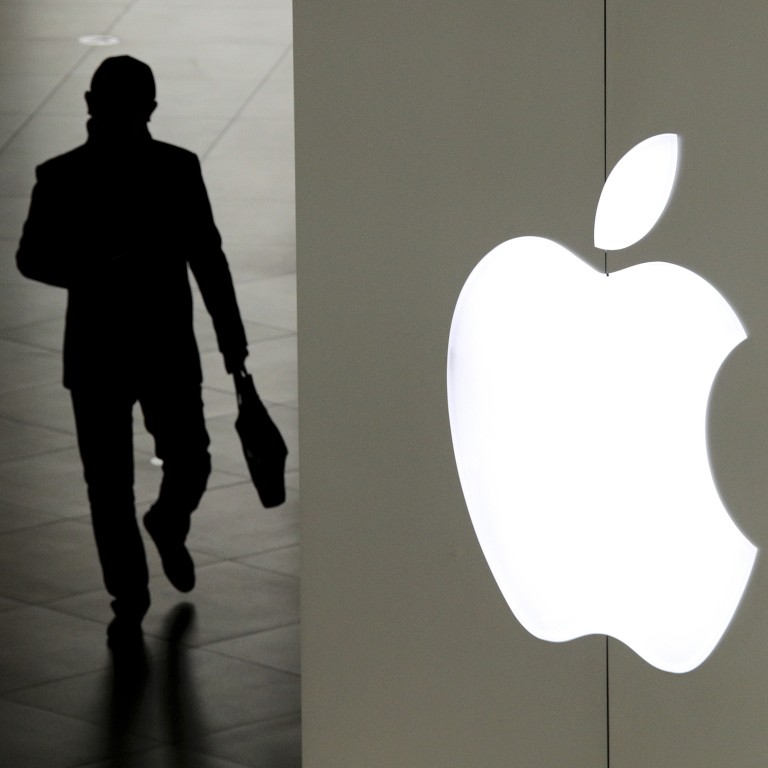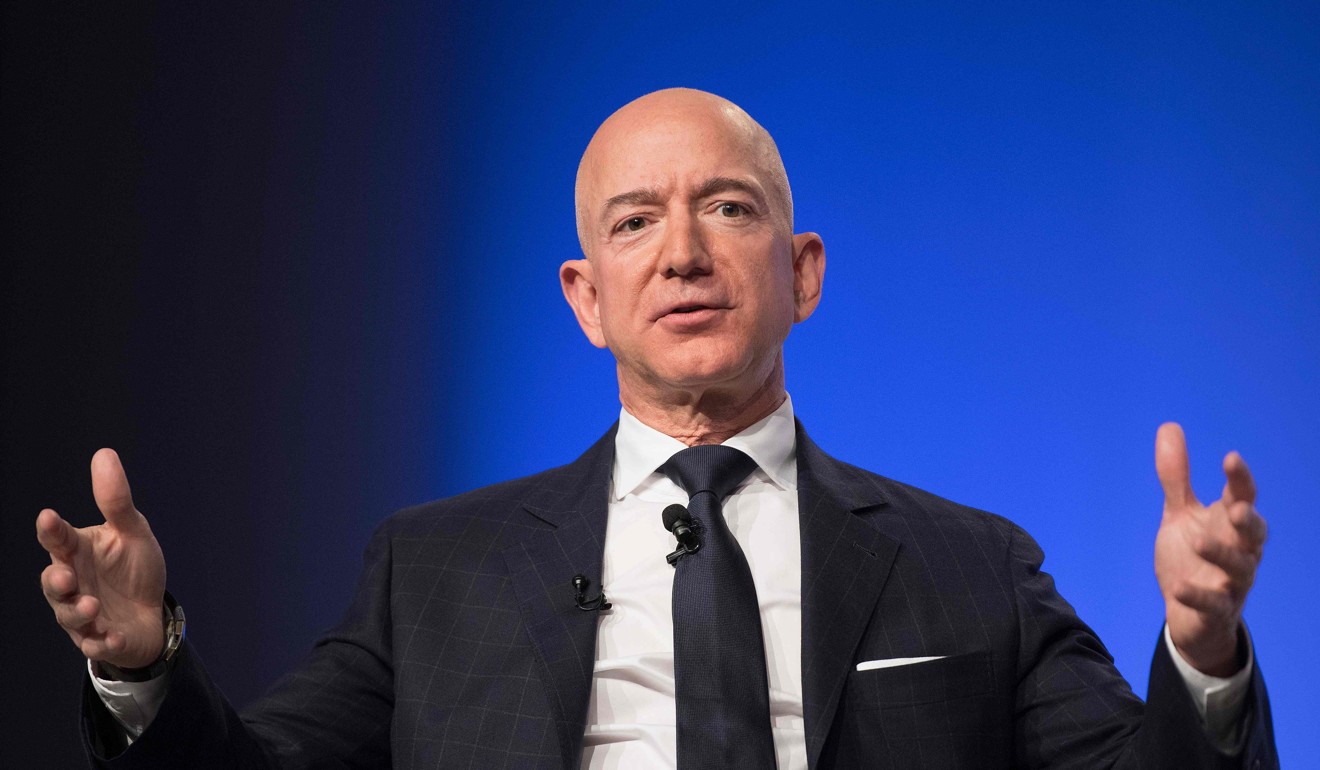
Corporate tax secrecy is hurting everyone - even investment funds want to see more transparency
Falling tax revenues mean less money for education, infrastructure and poverty reduction. The lack of transparency at multinationals and their tax avoidance strategies are threatening democracy, and they must be made more accountable
But not only them. A recent consultation exercise by the Global Reporting Initiative reveals that the strongest advocates of tax transparency may be investment funds – and not the small players. The investment organisations in favour of a global tax standard represent an estimated US$10 trillion, about 12 per cent of global GDP.
Investment fund managers know the lack of tax transparency at multinationals often obscures underlying business failures. While it might help deliver executive bonuses, it exposes investors to unforeseen risks and may hide profits that should be returned as dividends. “Complex or opaque ownership and organisational structures hamper transparency and may compromise investors’ fundamental financial analysis,” Norges Bank Investment Management, one of the biggest players, has said.
Since the 1980s, a powerful industry has developed in tax havens where, according to the Tax Justice Network, around US$30 trillion is hidden. That is more than double the gross domestic product of the entire euro zone, or more than 150 times the annual amount that economist Jeffrey Sachs estimates is required to end extreme poverty worldwide.
Developing countries, deprived of funds crucial to development, are the biggest losers. But in terms of tax dollars, the United States and Europe, where most of the multinationals’ employees and consumers are located, are the most affected. The European Union, for example, loses about 20 per cent of corporate tax revenue to tax havens – the equivalent, according to economist Gabriel Zucman, of half of public spending on higher education.
Last month, International Monetary Fund president Christine Lagarde, said in an op-ed: “The ease with which multinationals seem able to avoid tax and the three-decade-long decline in corporate tax rates compromise faith in the fairness of the international system.” In other words, it is toxic for democracy.
This is because the funding gap created by tax dodgers must be plugged with higher contributions from the middle and working classes, making it much more difficult for these groups to save or accumulate wealth. As it is, the world’s 26 richest individuals have as much wealth as the 3.8 billion people who make up the poorer half of the global population, according to Oxfam.

We are not told how much money is stashed away in tax havens, how much our governments know or what they are doing to fight tax evasion. Worst of all, these exchanges rely on financial institutions, the very people who help their clients hide money.
As Lagarde argues, the rules of the global tax system need to be rewritten. But a democratic debate is impossible when key information is withheld from the public.
Yet corporations continue to resist even voluntary reporting. Their main arguments are that the public might be confused by the information and that producing it would be a burden. Are we expected to believe that massive multinationals cannot produce tax reports containing information that any prudent corporation should already be collecting?
Multinational corporations must be more accountable so that governments can develop tax policies that address inequalities, as well as the populism and authoritarianism that stem from them. This is also necessary for growth, since political instability deters companies from investing. Tax transparency is our only chance to restore confidence in our democratic institutions, and even, quite simply, to preserve them.
Daniel Bertossa is the assistant general secretary of Public Services International, a global union federation representing 20 million public service workers in 160 countries, and co-chair of the board of the Independent Commission for the Reform of International Corporate Taxation. He tweets at @DanielBertossa

